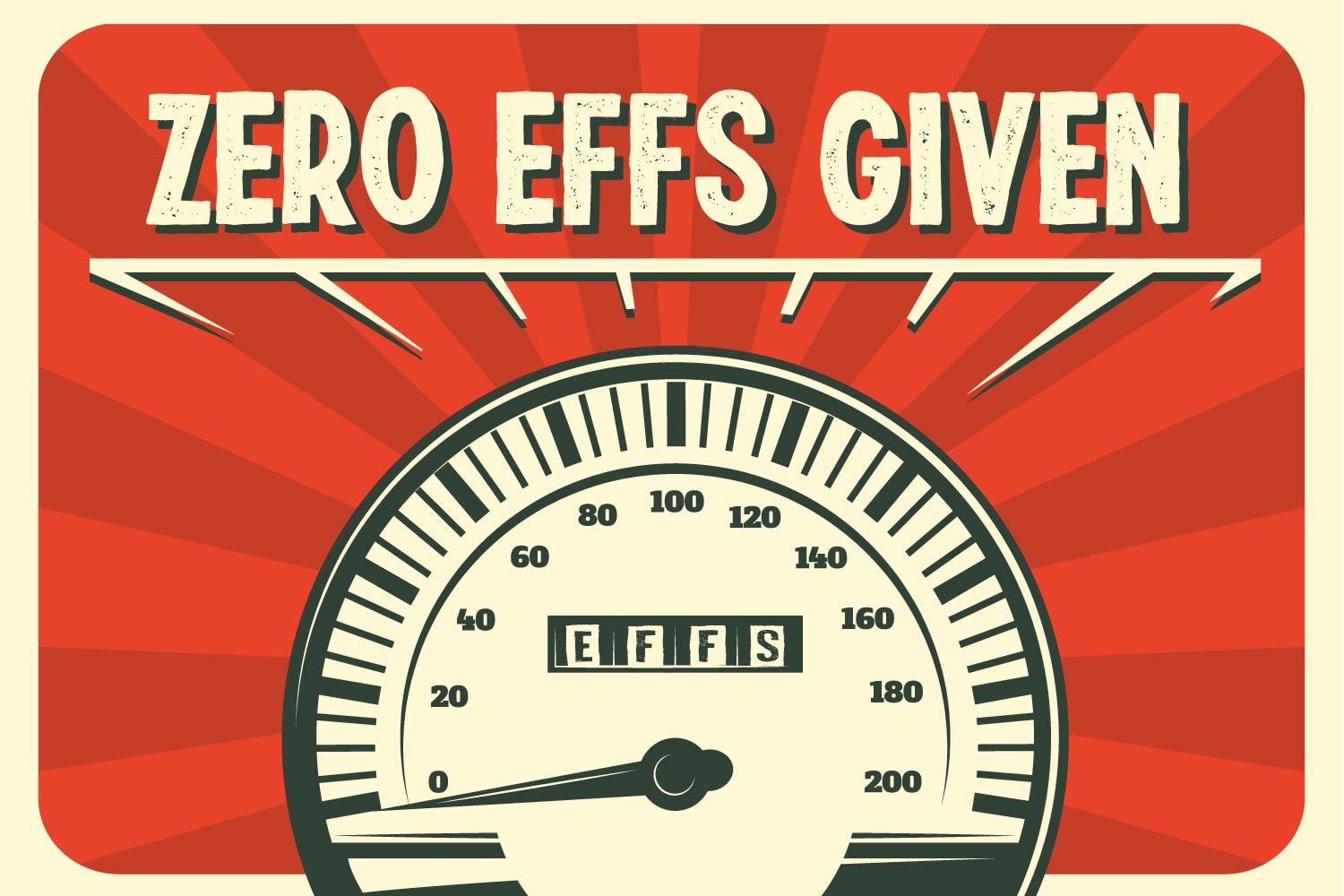
How to Leap Into the Unkown — The Smart Way
Tanner Garrity shares tips on how to take big risks with maximum reward and minimal regret
An extra day on the calendar really makes you appreciate how precious time is. The gifted diem — it needs to be carpe’d! That’s why taking a leap in life can be so rewarding, because if not now, when? Tanner Garrity, the most motivational member at Wondercade HQ, is back and here to explain why taking smart risks now can pay off down the road. Because while you need to look before you leap, that doesn’t mean you shouldn’t leap at all. -NPH
Any idea what the number one deathbed regret is? According to Daniel Pink’s 2022 book The Power of Regret — which surveyed 15,000 subjects across 100 countries on their regrets — people are most likely to regret losing relationships that have slipped away over time. Now, if you ask me, one easy way to avoid regrets like these? Take more risks.
For one of Pink’s 15,000 participants, that might’ve meant picking up the phone to call that wayward loved one, even if their heart were beating out of their chest, to say: “I’m sorry. I miss you. Can we start over?” Still, risks like these can be terrifying — which is why we often don’t take them.
But if you’ve ever read a single chapter of any memoir ever, you’d know that the true touchpoints of people’s lives are these kinds of leaps of faith. Risk-taking may feel like life or death, but it really just requires breaking things down into more manageable chunks — and before you know it, you’ll be reaping the benefits of a life filled with maximum reward, minimal regret.
Pick a challenge…any challenge
Luckily, our lives are filled with potential positive risks that could lead to growth. But we often let anxiety get the better of us, regardless of whether that leap is a personal one (“I should join a workout class”), professional (“I should get a new job”) or one that seems random, but could have a big impact on your life (“I should strike up a conversation with the person I keep seeing in the elevator,” or “I should finally go to Portugal”).
Too often, it’s easier to just ignore these ideas — to go about our days and lives as we’ve gotten accustomed to, to continue to cash in on our quotidian comforts. Predictable, and frankly, kinda lame. Recognize that, if you’re having these kinds of thoughts (“I should yadda yadda”), it may indicate that you’re at some sort of crossroads — a great signal that a smart risk is just what you need to shake things up.
Remind yourself: This isn’t reckless!
Remember that risk-taking in this way isn’t reckless. We’re not talking about jumping out of a plane with no skydiving training here. You’re being careful. Calculated. Also, don’t feel pressured to emerge from the other side of your risk with something shiny to add to a resume, or with a story worthy of a best-selling autobiography — or even something that feels like a “win.” Putting yourself out there in the first place was the point. You’re out of your comfort zone, and now the potential growth can happen.
Trick yourself into staying motivated
So, you have a goal picked out, want to get started, but still feel frozen in your tracks with fear. Consider “opposite action,” a practice preached in dialectical behavior therapy, which involves consciously acting against the urge of negative emotions. If you think about the risk and start getting anxious, let those alarm bells go off for a bit. Then, challenge yourself and ask: “Well, why shouldn’t I give this a go?” This exercise shifts your perspective, allowing you to better identify the cause of your fear, articulate your anxieties…and more easily determine if they’re warranted or not.
Channel that “good” stress
The stress that taking a positive risk engenders is called eustress, which is the “good” stress and opposite of distress. Coined by endocrinologist and all-around stress tsar Hans Selye in the late 1970s, eustress is perceived as within our capacity to handle; these are challenging, yet manageable, situations. It can lead to benefits, like improved self-confidence and a sense of fulfillment, not to mention the tangible rewards from the risk you took, like a better body or more money. Risks are worth taking, big or small, because they will add texture and meaning to your life.

Stop giving an eff what others think
I’m reminded of one woman’s quote in an article I wrote last year about the benefits of signing up for a workout class. She took up boxing in her 30s, and said to me: “You have to get comfortable with the idea of looking silly or being a beginner again. It’s like being the new kid…it feels nerve-racking and scary and brings back some feelings of ‘Will they like me?’ ‘Will I fit in?’ Learning how to be comfortable in the uncomfortable…or at least being willing to say, ‘Fuck it. I hate this and I’m doing it anyway.’” That’s good advice. After all, when taking a leap of faith, she noted, “The biggest change will be internal.”
Cultivate new support networks
In an increasingly lonely era — 60% of Americans say they regularly feel lonely — risk-taking is more important than ever, because taking risks and leaving your comfort zone potentially means making new connections and building bigger support networks. Whether you’re thinking of taking a breakdancing class at the gym, or just moved to a new neighborhood and feel like you know no one, find yourself a “third place”: anywhere outside home (the first place) or work (the second place) where people tend to gather and spend time together in an informal way.
Risks tend to come with access to new third places, so don’t be bashful: join that local book club or new running group, apply to that job outside your industry, go to that meetup where you know nobody. Your initial perceived risk of “crashing” one of these communities or spaces could instead lead to years of treasured relationships and improved quality of life. Science suggests that spending time in third places mixes up the mundane and provides social and emotional outlets you wouldn’t have had otherwise.
Keep at it!
Finally, recognize that risk-taking actually can get easier. That doesn’t mean you won’t fall flat on your face from time to time. But you’ll learn, as you did when you were a tot, that getting back up means finding some stability and some purchase…day by day, year by year. (Or leap year, in this case.)
Hopefully, once all those years pile up, you’ll be left musing on all the risks you once took. Not sweating all the regrets you still hold.
Most Popular
Recommended
Suggested for you





